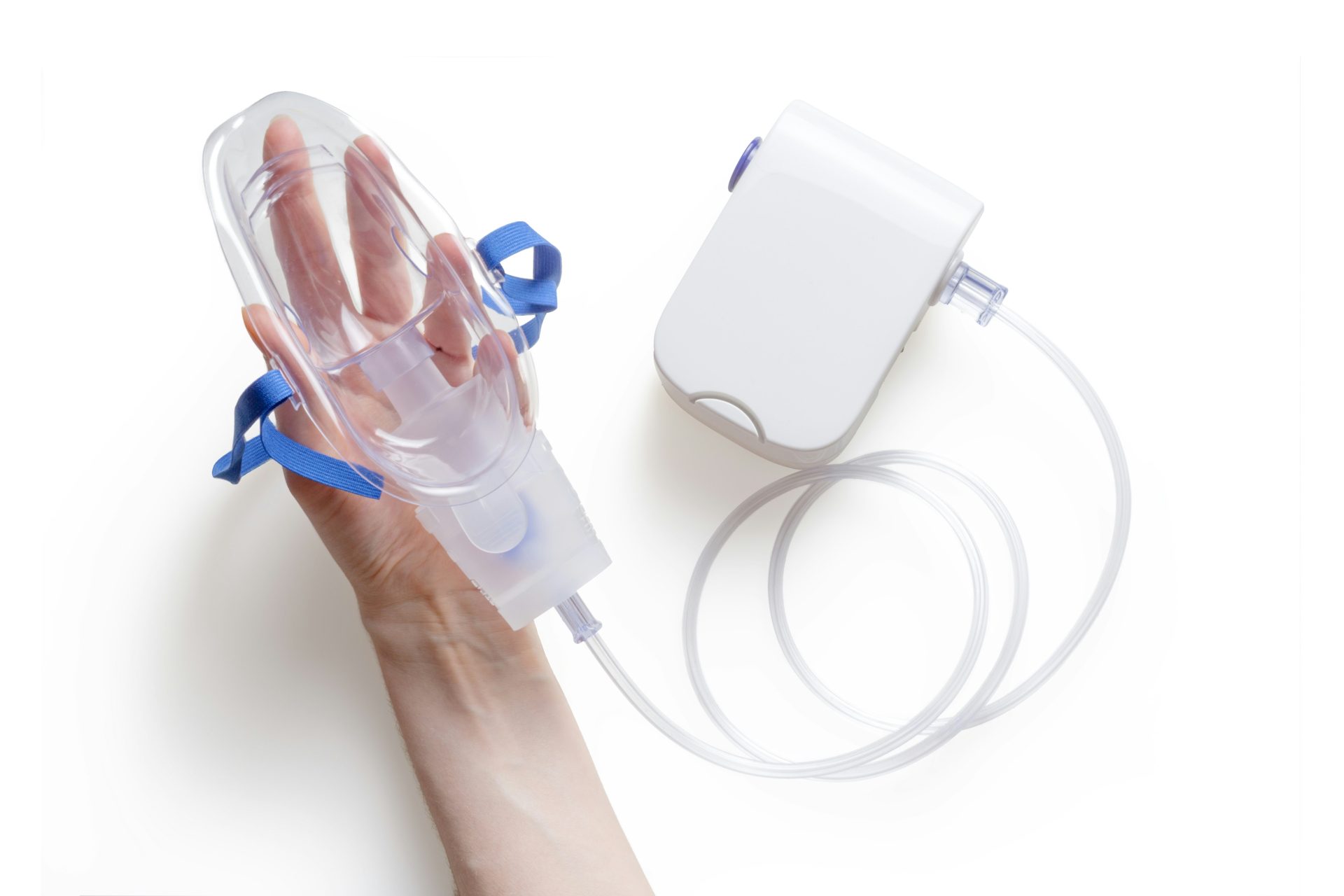Monitoring the progress of respiratory parameters at home in those who need non-invasive mechanical ventilation allows you to identify in real time, also with the support of artificial intelligence, changes in the patient’s breathing patterns and, therefore, intervene promptly. Being able to entrust the management of the machinery and the data sharing platform to a private provider, and the provision of services in the patient adaptation phase leads to savings for the hospital coffers. This is shown by a feasibility study relating to public-private collaboration, published in the magazine Healthcare and conducted on 19 elderly patients, the majority of whom had obstructive pulmonary disease COPD being treated at the Maugeri clinical institutes in Lumezzane (Bs).
Exacerbations are the sudden worsening of respiratory symptoms that are responsible for the progression of the disease and the worsening of the quality of life. «We know that the data collected on admission can indicate in which of these patients I should expect an exacerbation, but there is other robust data that suggests the predictive value of the respiratory trendcapable of signaling an incipient exacerbation, so much so that I foresee its entry into clinical practice in the not too distant future” he explains Michele Vitacca, head of the department of rehabilitation pneumology of the Maugeri institutes and responsible for the studyin which «we entrusted the phase of adapting the patient to the machine and the logistical and technical maintenance aspect of the device and the online data sharing platform to a provider external to the hospital, maintaining control over the entire clinical management of the patient, including the activities of the provider’s respiratory physiotherapist, which works at home in the adaptation phase. This resulted in a reduction of the workload, precisely by 60% of the time previously spent by hospital healthcare personneland the number of beds occupied”.
Michele Vitacca
The pulmonologist explains that in this way, by outsourcing the management of the machine and some clinical services to the provider, it is possible to obtain, at the same time, «an optimization of performance appropriateness: the monitoring gives me back the patient’s adherence and in the event of an alarm bell, depending on the severity, I can call him back to visit the hospital, without having to wait for the outpatient check-up appointment already scheduled, or direct him to an emergency room” .
The study took into consideration the first three months spent by the patient with chronic respiratory failure at home, the period of time necessary for adaptation. The homecare provider in this study was Vivisol, but there are at least four that can provide the services (services provided and rental of machinery are paid by the hospital). Patients said they were satisfied, not least thanks to the possibility of staying at home, especially when living in remote areas. Similar remote medicine solutions can be implemented not only at home but also in social housing structures, which will be increasingly frequent in the future given the demographic transformation of many countries.
Home care currently exists patchily and is in some cases provided by the healthcare system. The study is proof of principle of the feasibility of this new organization, of which there are individual similar cases of telemonitoring of some parameters achieved through the collaboration of several different actors, implemented through specific agreements by, in particular, associations of patients with neurodegenerative diseases, on which there is traditionally more attention than on COPD. Extended home management would be appropriate for many conditions, from clinical nutrition, to dialysis, to cardiology in both monitoring and rehabilitation.
It is appropriate to start investigating new ways of healthcare organization, where not everything can be done in hospital facilitiesdestined to become hub in which a lot is set up and second level consultancy is provided to the various centers or structures spoke on the territory, explains Vitacca, who adds: «Similar forms of public-private partnership have already been introduced in France, «where for years private service companies have been operating with a system of state incentives and disincentives», Portugal and the Netherlands, they are spreading in Spain and the United Kingdom. In addition to the economic advantage, we would get a sstandardization of the routewhich stops depending on the patient’s residence code or on the good will of some people, healthcare professionals or otherwise, rich in initiative, and appropriateness of care» reasons Vitacchia, reiterating several times «the absolute necessity, which is precisely the condition without which these forms of collaboration cannot exist, which control and coordination remains with the hospital to avoid any harmful drift towards poor quality services or for a few, contrary to the mission of the national health system. A complete reorganization of hospital work would be needed, I imagine new professional figures dedicated to remote medicine and entire virtual departments in the sense that instead of beds there are workstations where clinicians dedicate themselves to patients who are not physically present”.
Photo by Mockup Graphics on Unsplash
The article Telemedicine, those lungs under observation comes from Vita.it.
